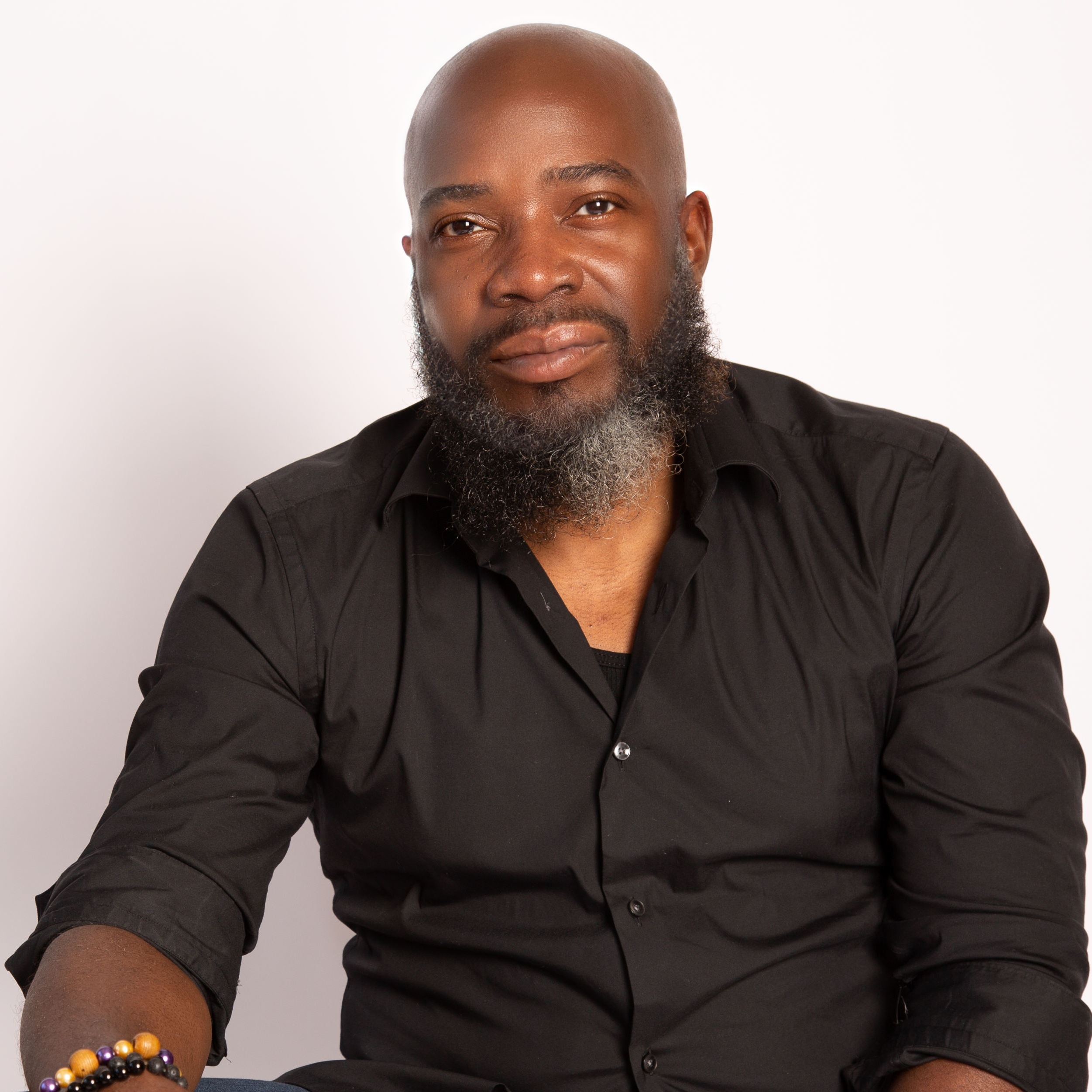Jim Irsay, his ‘Black Mother Dorthy’ and the myth of the magical negro friend
OPINION: Indianapolis Colts owner Jim Irsay went "full white" after exposing his privilege during a recent interview.

Editor’s note: The following article is an op-ed, and the views expressed are the author’s own. Read more opinions on theGrio.
A disheveled white stranger once stopped me on the street to ask if I had “a good recipe for cooking crack.” My junior high football coach gave up weekends cosplaying as a Civil War soldier when he married a confederate enthusiast who was also my AP U.S. history teacher. During a freshman-level college chemistry class, my lab partner revealed that his Caucasian dreadlocks were held together with mayonnaise.
But when it comes to the whitest thing I’ve ever heard, these fantastical examples of caucasity pale in comparison to the radical racial declarations of wealthy white man Jim Irsay.
In 1984, at the tender age of 24, James Irsay left his job in the Indianapolis Colts ticket booth when his father named him general manager of the team. After leading his team to zero playoff wins and a .366 winning percentage over the next decade, the younger Irsay inherited the team following his father’s death and became the principal owner and CEO.
In 2014, the privileged heir became a victim of the racist war on drugs when police in Carmel, Ind., arrested Irsay after a routine traffic stop. Officers say Irsay had trouble reciting the alphabet and failed a slate of field sobriety tests. A toxicology report found three different narcotics in his system (hydrocodone, oxycodone and Xanax), for which he eventually pleaded guilty to a misdemeanor and was credited for serving two whole days in jail. But, according to the privileged football baron who inherited every single penny of his $4.3 billion net worth, there is only one reason he was unfairly charged with doing things he actually did.
“I am prejudiced against because I’m a rich, white billionaire,” Irsay caucasually told Andrea Kramer during an interview with HBO’s “Real Sports.” “I could give a damn what people think how anything sounds or sounds like. The truth is the truth, and I know the truth.”
But wait. It gets even whiter.
When journalists, reporters and people who’ve owned a silver opioid spoon criticized him for his entitled comments, Irsay doubled down. The oppressed billionaire threatened to sue ESPN’s Kimberley A. Martin for saying that Irsay’s comments “came off like he’s a victim” and reflected a “total lack of awareness of their privilege.” And to prove that he didn’t have a racist bone in his body, Irsay pulled out a version of the whitest trope of all:
The Black friend.
Notwithstanding that Irsay repeatedly misspelled the name of his beloved negro pseudomatriarch, every Black person has met a version of “Black Mother Dorthy.” In most cases, the conveniently cherished proof of racial tolerance goes unnamed. Somehow, when a white person asserts: “One of my best friends is Black,” their Black buddy is somehow never around. But in some other cases, well-meaning white people will confirm their immunity to bigotry by trotting out the African-American adoptee, describing the minority neighborhood where they once lived or citing the Black person they dated in college. It is also interesting that Irsay couldn’t use a golfing buddy, co-worker, pal or even a business associate as an I’m-not-like-that reference. To prove his lack of prejudice and entitlement, he had to bring up a dead Black woman who was paid to care for him.
Of course, Black Twitter had a field day with this.
White people, please stop doing this.
First of all, it is possible to have a real, live Black friend and not be a friend to Black people. During the heyday of racism to which MAGAmuffins are pining to return, many of the segregationists who spat on Black children daring to integrate white schools were raised by Black nannies and maids. White supremacists of the past often had Black caregivers watch their children while their parents participated in late-night lynching. Enslavers slept with their human property and whipped them when they objected. When Thomas Jefferson wrote about the dangers of emancipated Black chattel “staining the blood” of the former masters, his mixed-race children were probably asleep in the slave quarters with their Black mother Sally.
Being around Black people does not wipe away your white supremacy. Proximity, familiarity with or the presence of Blackness is not an anti-racist deflector shield. Summoning up your relationship with a nonwhite person does not magically provide you with a get-out-of-racism-free card. And none of this means that Irsay didn’t actually love his substitute Black mom.
If this story makes you uncomfortable, don’t worry, I can’t be racist. Just ask my white brother, Charles (not his real name).
Like many Black people from the South, my mother worked as a caregiver for the wealthier white families, including the Scotts. Ben Scott worked as a nuclear scientist at the local nuclear plant while his wife, Grace, was a teacher at a private, elite elementary school. My mother cared for their only son, Charles, who just happened to be the same age as my youngest sister, Nikey. My mother loved that white boy as much as she loved Nikey.
When Charles entered first grade, the Scotts no longer needed my mother’s services but used their connections to get my little sister a scholarship at the private school. During Nikey and Charles’ first year, the class had a talent show, at which my little sister recited the poem “Hey Black Child” and sang “Black Is…” — an original song written and composed by her older brother, Michael Harriot. After the show, the principal summoned my mother to a meeting.
Apparently, Nikey’s poem or my song made some white children feel uncomfortable. My mother was beside herself, but she bit her tongue because she didn’t want to seem ungrateful to her former employer or get Nikey in more trouble. The school pulled Nikey’s scholarship for the remainder of the year but allowed her to remain there. My mother didn’t want to separate my sister from her bestie, Charles, so she struggled to pay the tuition for the remainder of the year. My sister was allowed to reapply for the scholarship at the beginning of the next school year. It was basically a done deal. Nikey’s grades were impeccable; all she needed was a recommendation from a teacher.
Grace refused.
She said something about “not wanting to show preference” or “get into the middle of all that.” My sister was devastated when she learned she would attend regular school, leaving her beloved “brother” Charles behind. When she reached middle school, the two pals were reunited but, according to Nikey, Charles just did … nothing. To this day, he has never spoken a word to her. When I asked her about it, she said didn’t think it was racist. She just thought it was weird. Sometimes, she even jokingly blames my song for getting her kicked out of school.
My mother, however, is a forgiving woman. She still considers Charles to be her son. She truly loved that white boy with all her heart. That’s why I don’t doubt that “Dorthy” loved every droplet of doped-up blood that flowed through the veins of her “white son, Jimmy.”
And no, this story is not an analogy for white people, the NFL or Jim Irsay. This story is not even about Charles.
Charles is America.
My mother’s name is Dorothy.

Michael Harriot is an economist, cultural critic and championship-level Spades player. His New York Times bestseller Black AF History: The Unwhitewashed Story of America is available everywhere books are sold.
Never miss a beat: Get our daily stories straight to your inbox with theGrio’s newsletter.


